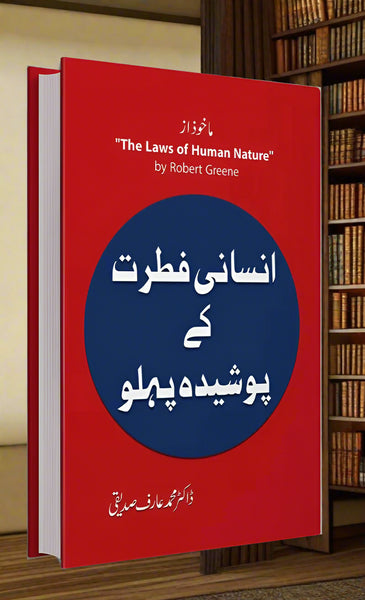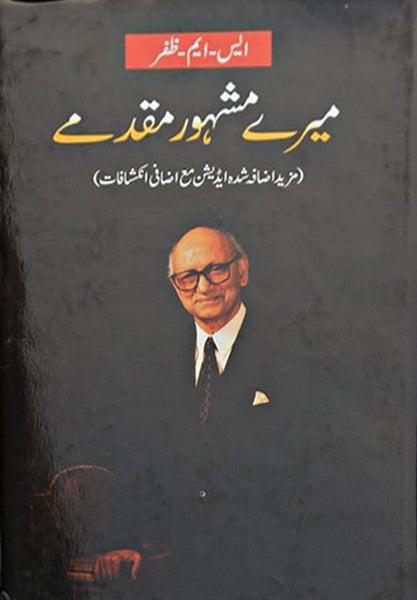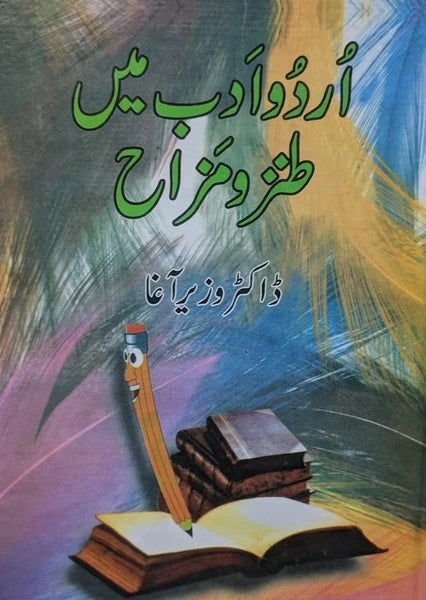The Reconstruction Of Religious Thought In Islam by Muhammad Iqbal (Author)
- Publisher: PHILOSOPHY
- Availability: In Stock
- SKU: 53636
- Number of Pages: 224
Rs.560.00
Rs.700.00
Tags: best books , Best Selling Books , good books , Iqbal's philosophy , Islamic ethics and morality , Islamic history , Islamic intellectual history , Islamic modernity , Islamic mysticism , Islamic philosophy and art , Islamic philosophy and civilization , Islamic philosophy and cosmology , Islamic philosophy and democracy , Islamic philosophy and economics , Islamic philosophy and education , Islamic philosophy and epistemology , Islamic philosophy and ethics , Islamic philosophy and human rights , Islamic philosophy and identity , Islamic philosophy and justice , Islamic philosophy and literature , Islamic philosophy and metaphysics , Islamic philosophy and modernity , Islamic philosophy and ontology , Islamic philosophy and politics , Islamic philosophy and psychology , Islamic philosophy and reform , Islamic philosophy and society , Islamic philosophy and spirituality , Islamic philosophy and theology , Islamic philosophy of education , Islamic philosophy of knowledge , Islamic philosophy of law , Islamic philosophy of life , Islamic philosophy of religion , Islamic philosophy of science , Islamic politics , Islamic reform , Islamic revivalism , Islamic theology and philosophy , Islamic worldview , Muhammad Iqbal , Muslim intellectuals , Muslim philosophy , South Asian philosophy
The Reconstruction of Religious Thought in Islam
Author: Dr. Allama Muhammad Iqbal
🌙 Introduction
The Reconstruction of Religious Thought in Islam by Dr. Allama Muhammad Iqbal is a profound philosophical work that explores the relationship between Islam and modernity. Originally delivered as a series of lectures between 1928 and 1930, Iqbal reflects on the intellectual and spiritual challenges facing the Muslim world in the wake of Western scientific and philosophical advancements. He argues for a dynamic interpretation of Islamic thought, advocating for the reconciliation of reason and faith. Iqbal draws upon Islamic teachings, modern philosophy, and the works of great thinkers such as Rumi, Ghazali, and Nietzsche to propose a modern, forward-looking vision of Islam. The book remains a cornerstone in the study of Islamic philosophy and remains influential in both religious and intellectual circles.
📖 Key Features
✅ Philosophical Depth:
-
Explores the compatibility between Islamic thought and modern scientific discoveries.
-
Discusses the philosophical underpinnings of Islamic teachings.
✅ Modern Interpretation of Islam:
-
Calls for a reinterpretation of Islamic law and principles in the context of modernity.
-
Advocates for Ijtihad (independent reasoning) as a means to revitalize Islamic thought.
✅ Influence of Western Philosophy:
-
Engages with the ideas of Western philosophers such as Nietzsche, Kant, and Bergson.
-
Challenges the dominance of Western materialism while embracing rationality.
✅ Role of Spirituality:
-
Emphasizes the importance of spiritual awakening in personal and societal reform.
-
Connects Islamic mysticism (Sufism) with practical life.
✅ Unity of Thought and Action:
-
Stresses the need for intellectual and spiritual harmony in the Muslim world.
-
Proposes that Islamic principles should guide modern political, social, and economic structures.
🌟 Why This Book Is Important
-
Intellectual Legacy: Iqbal’s work remains a landmark in Islamic modernism.
-
Balanced Approach: Combines spiritual and intellectual dimensions of Islam.
-
Inspiration for Reform: Encourages Muslims to engage with modern challenges without abandoning faith.
-
Philosophical Clarity: Bridges the gap between Eastern and Western philosophical thought.
🎯 Conclusion
The Reconstruction of Religious Thought in Islam is not only a philosophical treatise but also a call for the intellectual and spiritual revival of the Muslim world. Iqbal’s vision of a dynamic, rational, and spiritually grounded Islam remains a source of inspiration and debate among scholars and believers alike.

























